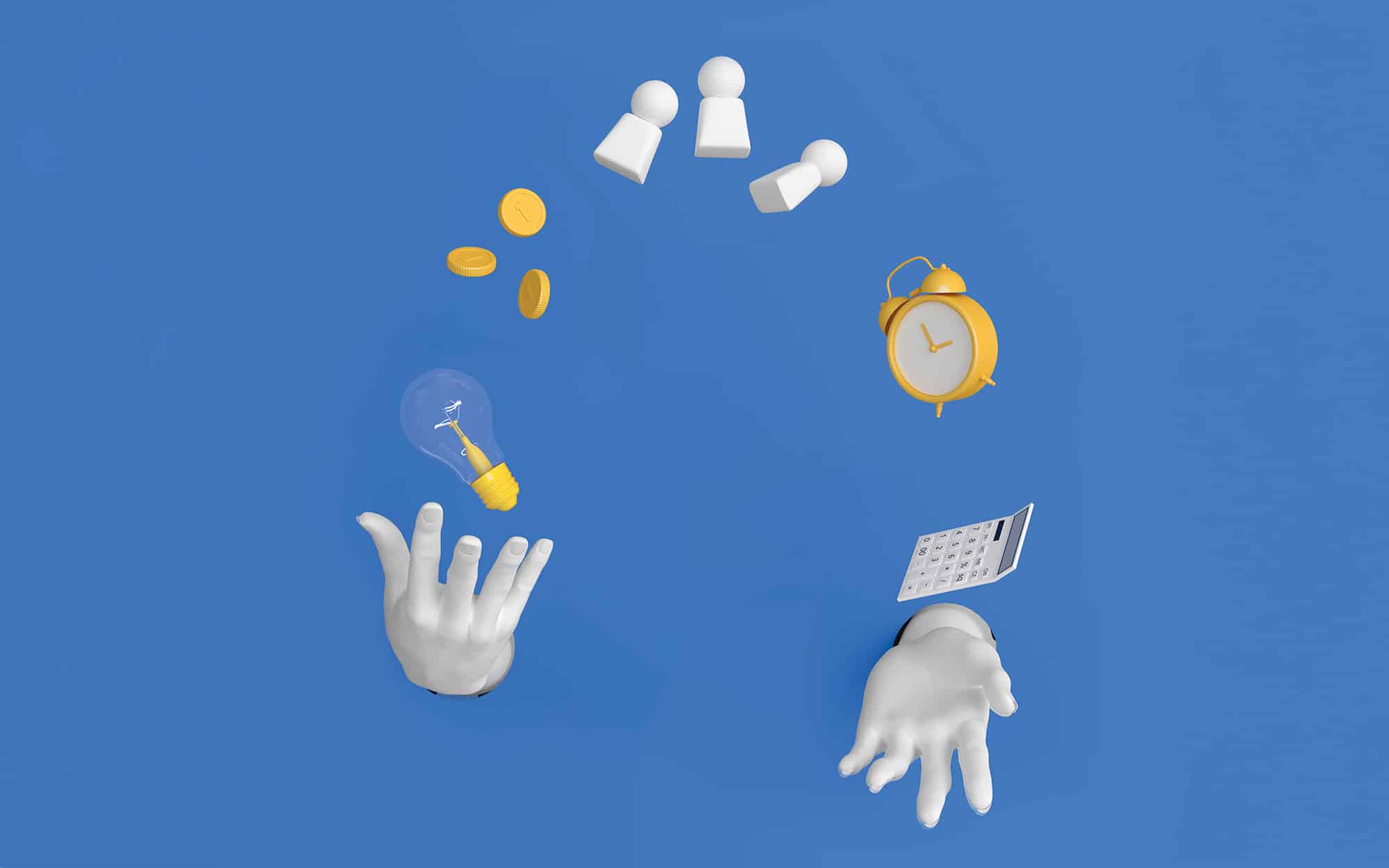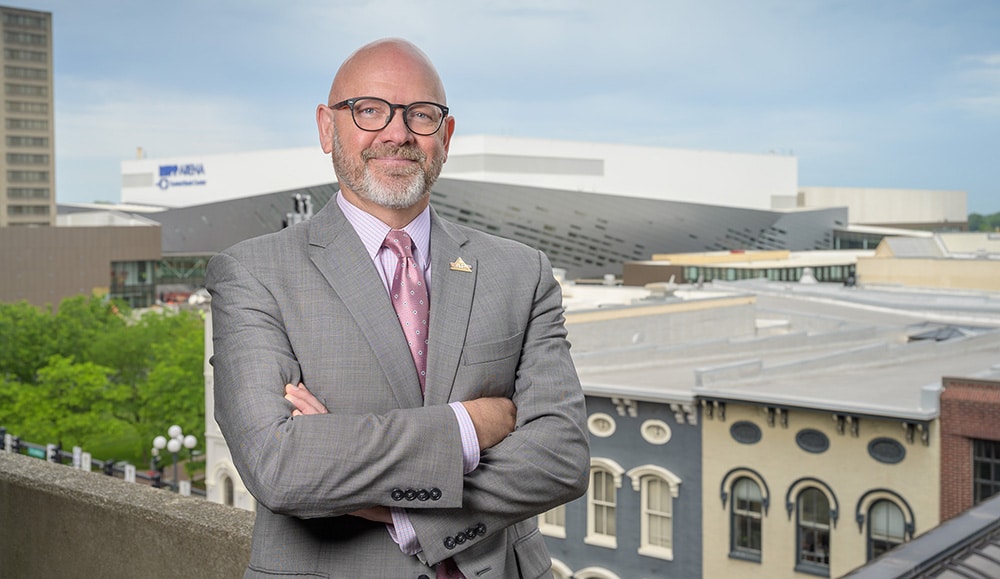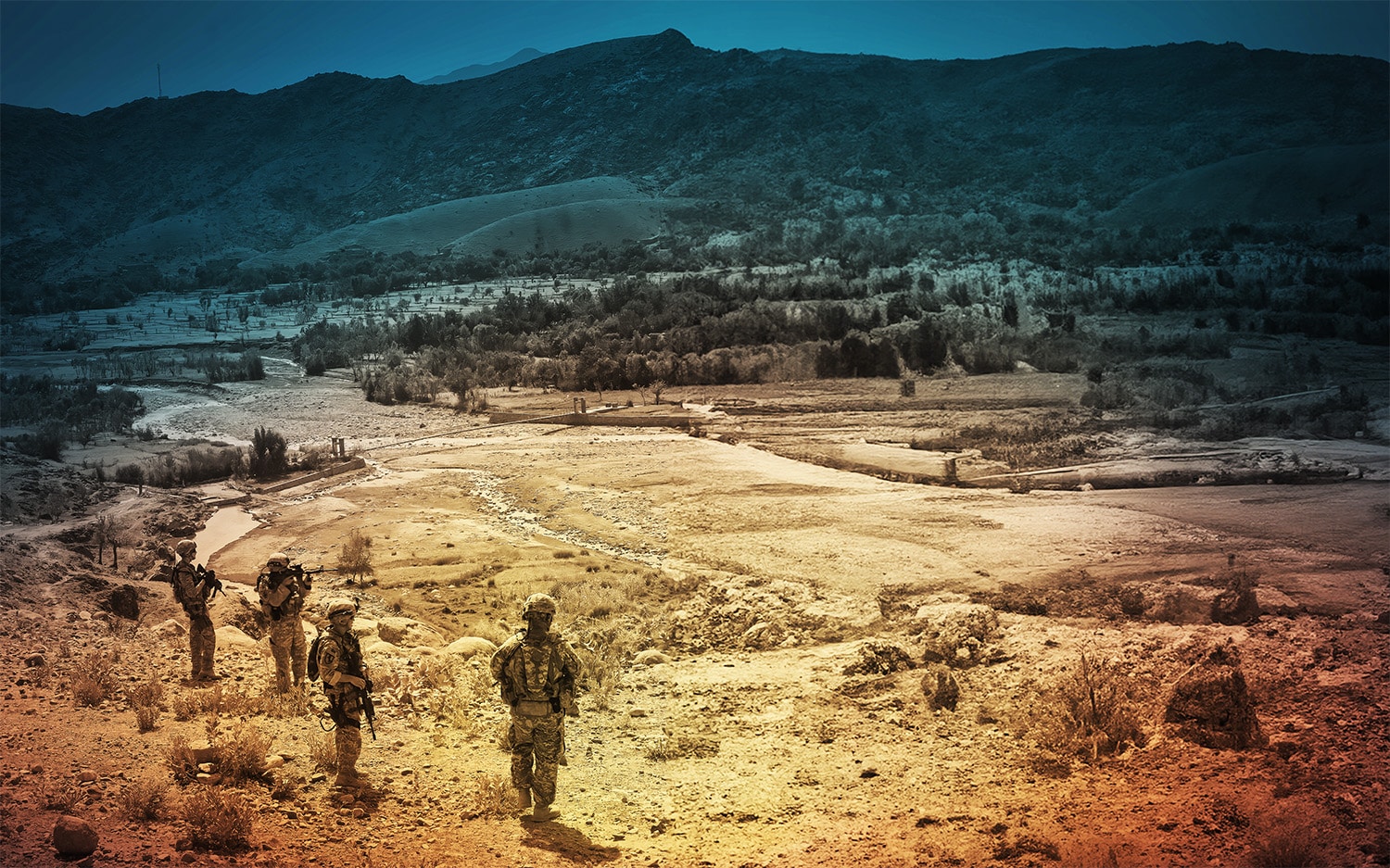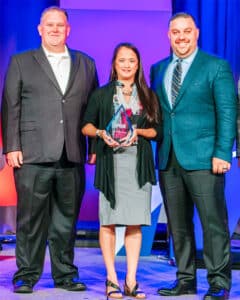
The Evolution of a Parking Professional
Everyone has an origin story. This is mine.
It’s over 100 degrees outside as I walk through the air-conditioned doors. The activity is everywhere, and there are so many more people than I expected. As I take the escalator up to the second floor, I look around. People everywhere are laughing, shaking hands, hugging and greeting each other with such familiarity that it looks like one of my family reunions. Being an innate introvert, I stood there, took it all in, and asked myself, “What have I gotten myself into and what do I do now?” This was my first introduction into the larger world of parking, the 2012 International Parking Institute (IPI) Conference & Expo in Phoenix, Arizona.
Most people in our industry probably have similar stories about the moment that parking stopped being just a job that they do and turned into a more than $100 billion industry, complete with market sectors, operators, consultants, specialized equipment, and so much more. Not knowing any of this, I stumbled upon this “parking conference” where I thought I could learn a few things and maybe meet a couple of people. As the conference flew by, I was amazed at the complexity of the parking world and left with a desire to be one of those people who were smiling, laughing, and greeting old friends.
I came home and started researching ways I could learn more about the industry and came across the CAPP program. At the time, the program included required classes in aspects of the industry, travel to where the classes were held, and culminated in a test with multiple-choice and essay sections.
In my first class, there were 78 attendees in the room. After 40 hours together, I got to know several people and made a couple of friends. Over the course of the program, several of us ended up taking all of our classes together. Between taking a taxi from Ft. Lauderdale to Miami to find a Primanti Bros sandwich, getting stuck in Baltimore because it snowed in Atlanta, and running a 5K in Texas in June—in the rain—we got to know each other very well. Then in 2015, 58 of us walked across the Las Vegas stage to receive our CAPP pins, the largest graduating CAPP class to date.
When I started this journey, I was on the frontlines providing customer service as the Alternative Transportation Manager for University of California (UC) Riverside. By 2015, I had been promoted to the Director of Transportation, Parking, and Fleet Services. I can honestly attribute this achievement to obtaining my CAPP, and to the support I received from the people I met along the way. My journey to achieve CAPP certification exposed me to different aspects of the industry, assisted me in gaining the knowledge I didn’t even know that I needed, gave me the opportunity to learn from others’ experiences, and enabled me to call on others for recommendations and advice. CAPP certification opened doors, broke down walls, and welcomed me into a growing group of professionals across the nation. Although CAPP certification gave me the foundation for success, it was networking that opened doors to different opportunities, people, and experiences.
While we all know that networking is good for our career, many of us have a hard time getting it started. When you are that new person from a small staff of co-workers and you find yourself in the Expo Hall, it can be very daunting. It was for me when I started.
Now, whenever I take someone new to a conference or event, I tell them to expect to get overwhelmed by the people at some point, and to try not to worry about getting all the information out of it that they can. I believe that meaningful interactions and actionable knowledge is better than the shotgun speed-dating approach. I task my colleagues to learn at least one new thing every day that they can take home and apply. I also want them to come back with the contact information for three people, including the organization they work for, what they do, and one non-work-related bit of information about them. This encourages conversation and interaction. For me, it’s not a checklist; it’s a starting point. It gives them permission to absorb the experiences at their own pace and, typically, they will come up with several ideas to try out, people to contact for follow-up, and advice on implementing those ideas.
For some, networking is about raising their personal profile and advancing their career. For me, it’s about learning from others and seeing their perspectives, sharing challenges and solutions, and building that professional support system that grows with you. Career advancement opportunities come along the way as you meet people, expose yourself to different situations, and grow.
Thanks to networking, when our campus was looking at upgrading our Event Services operations, we were able to reach out to Arizona State University for insight and that phone call turned into a two-day site visit. Once there, we were not only able to see their event operations, but also their bicycle infrastructure, marketing and informationals materials, and some staff amenities unique to an operation working in extreme temperatures. One of the most impactful pieces of information that we took from that trip is the fact that nugget ice cools water significantly faster and lasts longer than cube ice. It seems like a simple, innocuous thing; however, when staff is working outside in temperatures over 110 degrees for consecutive days, nugget ice becomes a timesaver as field staff can perform their duties longer before returning to the office to refill on ice.
When you have colleagues in the same industry that you can reach out to outside of your immediate organization, you have resources that you can count on to listen to your challenges and ideas, a safe place to share your fears and failures, and, most importantly, people that understand the daily struggles that are unique to the parking and mobility industry.
Early in my career, I had difficulty coming home to my family and sharing the successes and frustrations of my day. While my family could patiently listen to a story about an angry customer, they could not fathom why an abled person receiving a citation for using a disabled parking space could turn into a situation that required police assistance. They can be happy for me for getting a project approved but not fully understand the endless emails, meetings, and presentations involved with putting up some simple metal signs beside sidewalks saying, “Walk Your Wheels.” Our industry is difficult for others to relate to unless they have experienced it for themselves, and it is hard to find resources to help advance our knowledge, skills, and abilities. Business management courses, information technology certificates, and sales and marketing seminars are useful tools to pursue in our industry, but knowing how, where, and why they relate and are applied to parking and mobility is the key. It’s like putting together the pieces of a jigsaw puzzle without having the picture as a reference. It’s not impossible, but it can only be accomplished through a lot of time, effort, and probably, a lot of frustration.
There are several resources available in our industry to help in putting those pieces of the puzzle together to help build and shape a person’s career. While IPMI’s CAPP program is one, there are others to consider as well. There are State and Regional Associations (SRAs), webinars, and, most likely, other people in your organization that can assist you in navigating our industry. One of the ways to utilize these local resources is by approaching someone in your network to mentor you or joining a more formal mentorship program, like ones that are offered in some SRAs. Finding a mentor within your local SRA can give you an industry perspective that looks beyond your immediate organization.
Mentorship provides you with someone who can listen to your challenges, offer advice, and help you work through the potential paths forward. People become mentors to share their wisdom and experiences, or to pay back their own early mentorship. Mentors are further along in their careers, are in leadership roles, and are great resources to help gain knowledge and skills that are needed to advance your career. They are more in tune with the industry, where it is going, and, more importantly, what skills are going to be more useful for the future.
Industry associations are a great way to meet people, and they provide a space to gain insights into where the industry is going and what you are going to need to get there. Associations operate on a foundation of volunteerism and welcome new people who would like to help. Committees and working groups are always looking for volunteers. This provides a different structured way to network and learn. My first volunteer position was on IPI’s Sustainability Committee; although I was new to IPI, as the Alternative Transportation Manager at a university, this was something I could relate to. Every month, I would participate by joining on a conference call with other committee members. The time commitment was very minimal and, in the beginning, all I did was listen and learn. A couple of years later, I volunteered to join the conference planning committee for my local SRA. Again, the time commitment was negligible and I got the opportunity to read and review potential conference session presentations. While some people may think that you have to be in the industry for a while to participate in something like conference planning, you don’t. Every conference planning committee spends time on creating programs and experiences for new attendees. The newest people to an association and the industry can become the expert because they have the best perspective on what new attendees are looking for or need. They can relate to the person asking themselves, “what do I do now?”
My career in parking started out just like any one of our customers. I traveled somewhere new, got to into an unfamiliar environment, and had to look around to figure it all out. It was a simple journey yet it required work on my part, just like successfully parking a car.
All the information I needed, wanted, and was looking for was available to me. I just needed to pay attention. I looked up to read the signs, chose to ask people for directions, and figured out where I wanted to be. ◆
Irma Henderson, CAPP, is Director of Transportation Services for UC California, Riverside, and a member of the IPMI Board of Directors.
-
This author does not have any more posts.


Pivot Parking Announces New Executive Vice President
Pivot Parking is proud to announce the addition of industry

The Importance of Upskilling & Reskilling
In this age of technology and with the continued implementation

Thank You for Your Service
Veterans in the Parking Industry


The Importance of Upskilling & Reskilling
In this age of technology and with the continued implementation

Thank You for Your Service
Veterans in the Parking Industry










